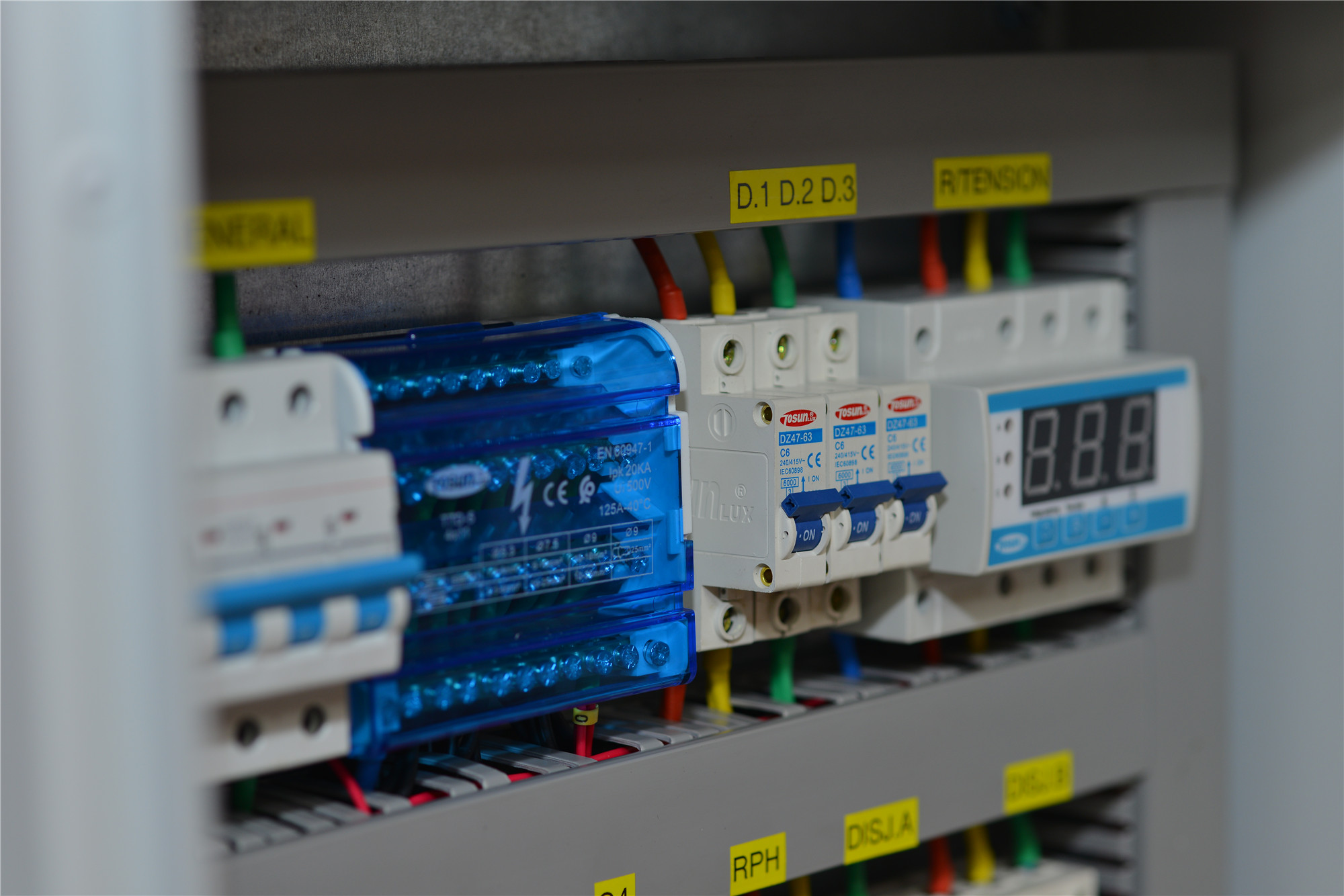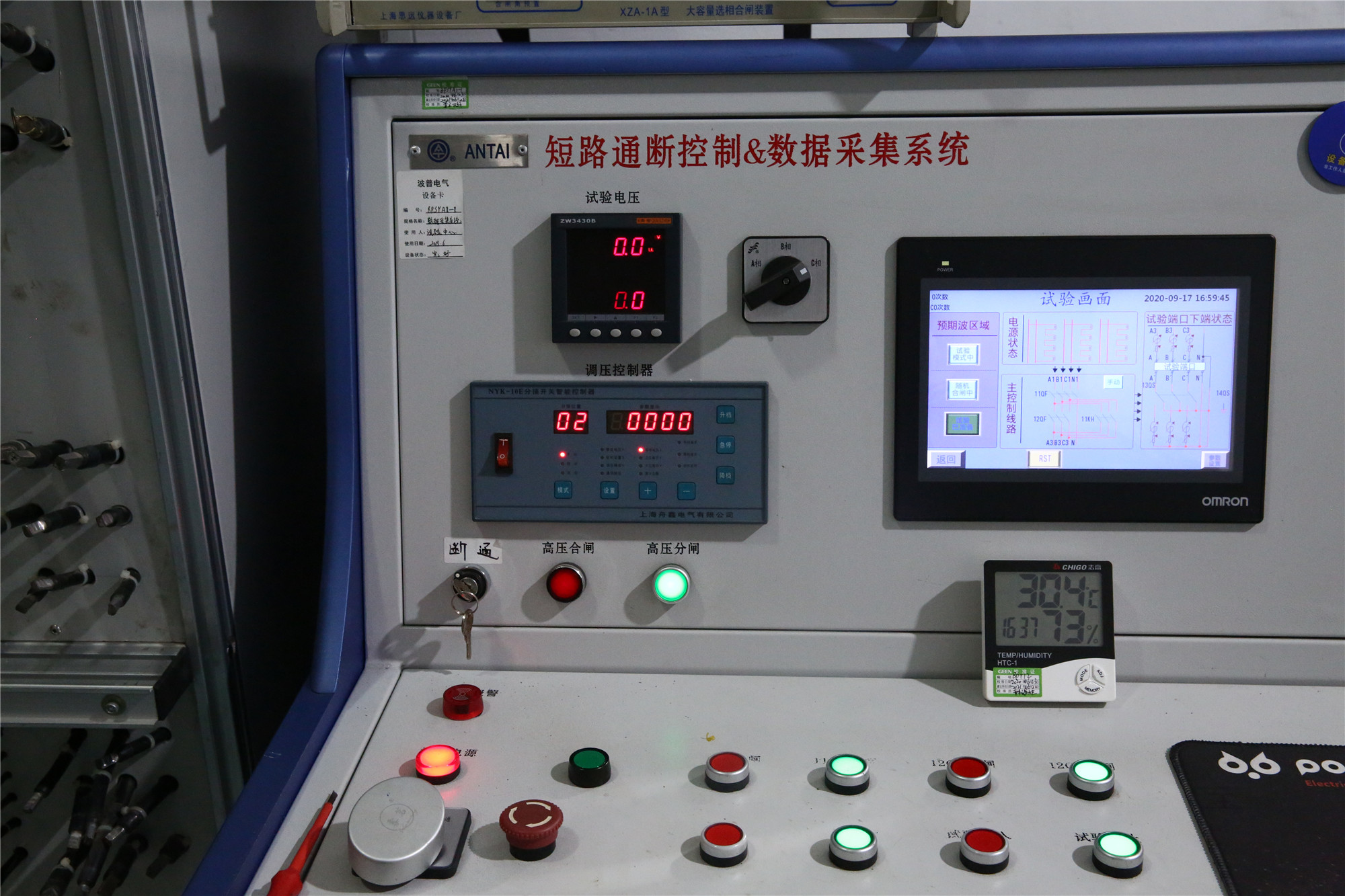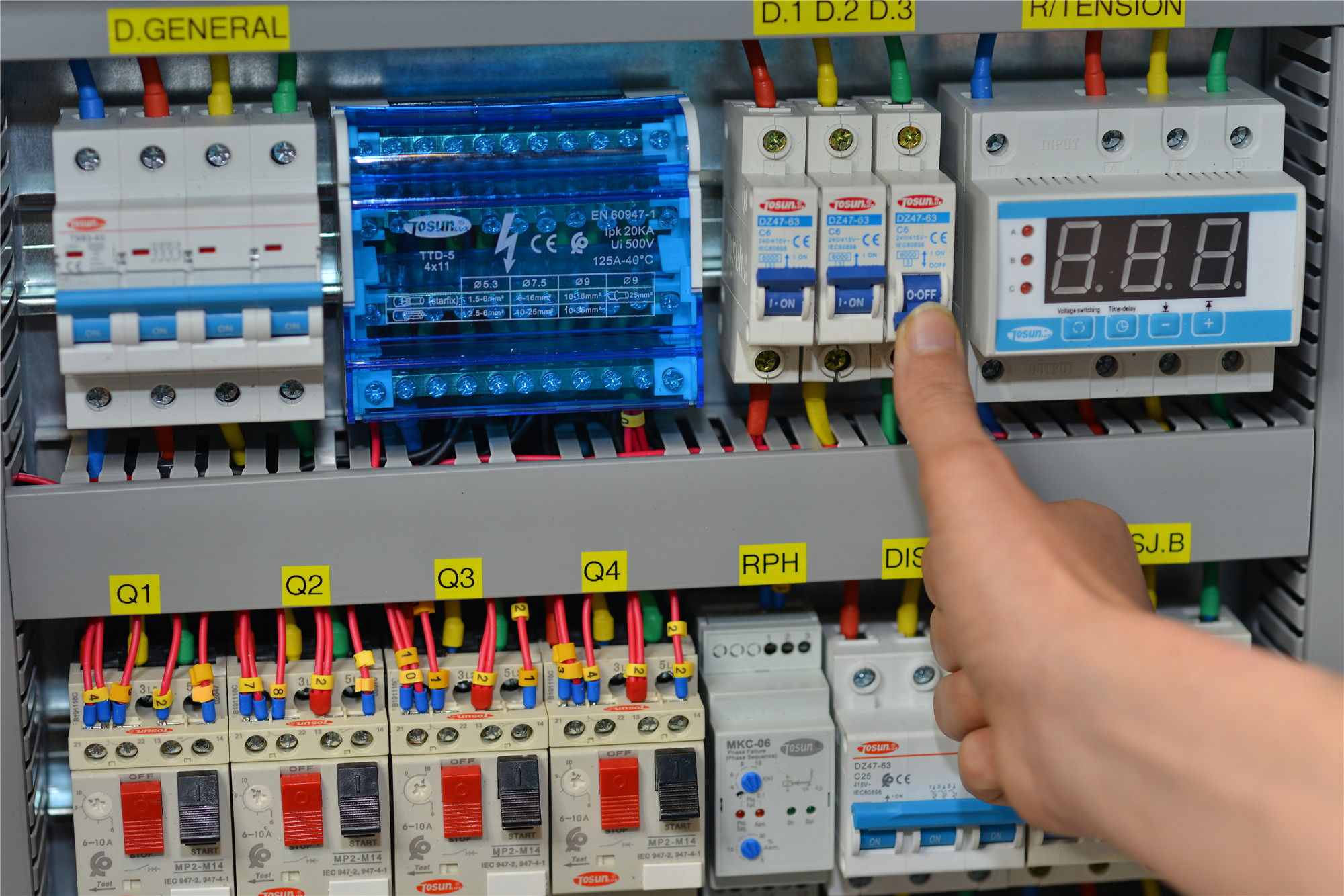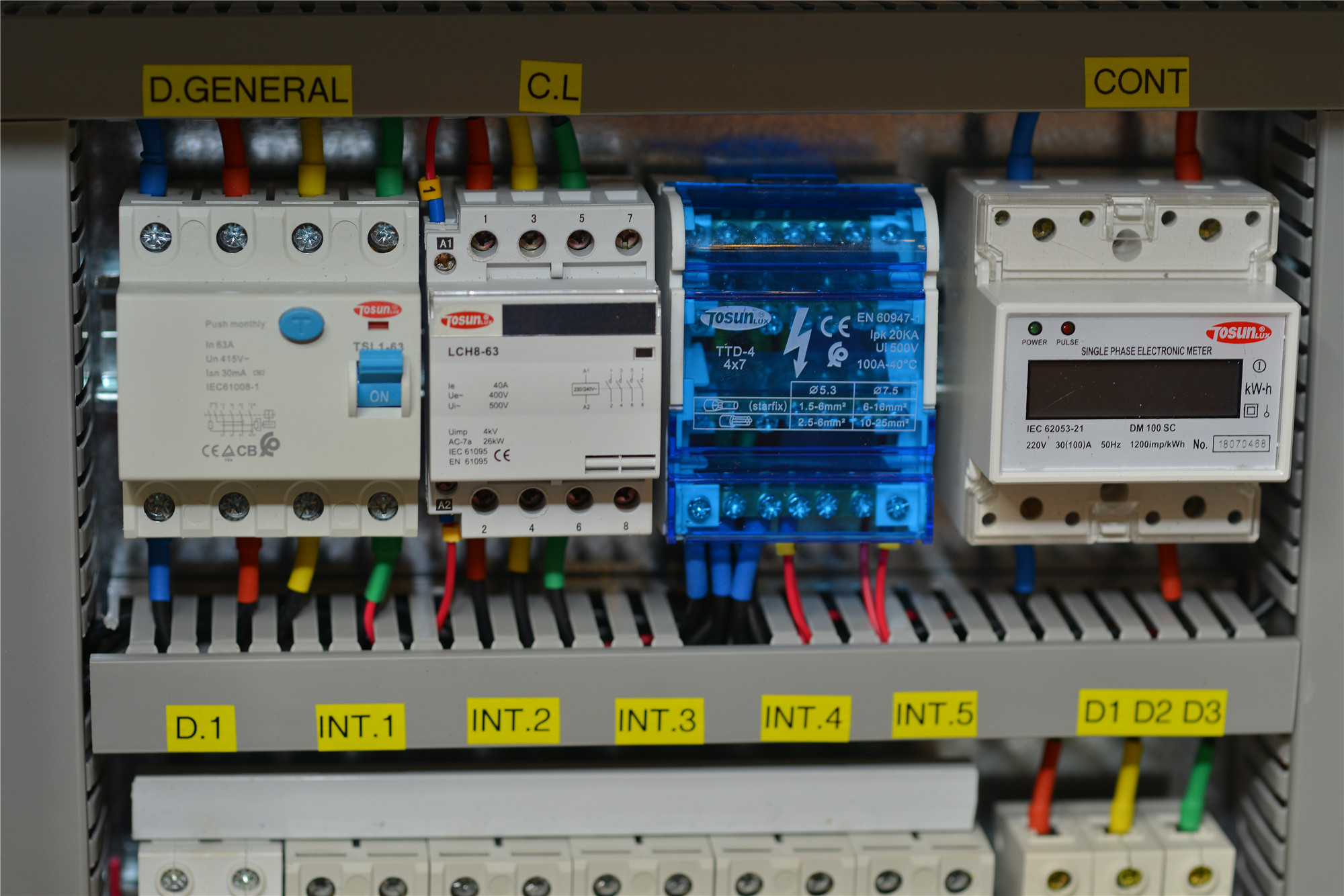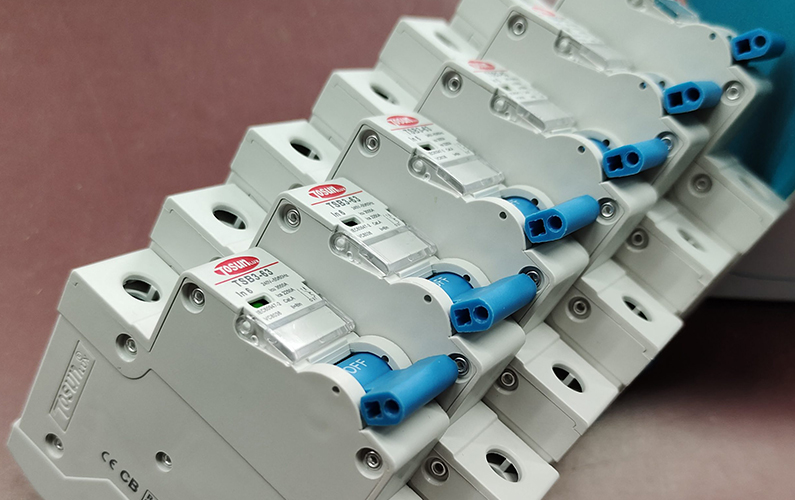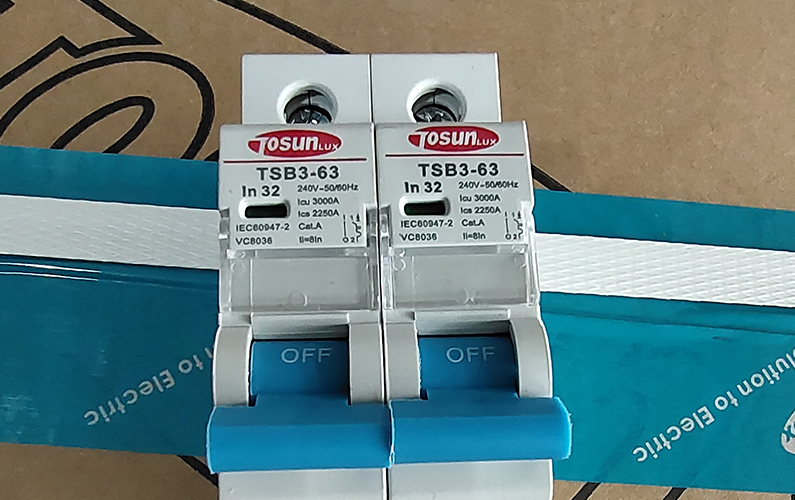Is RCCB Better Than MCB?
23rd Sep 2022
MCB and RCCB are two common types of electrical circuit breakers. While MCBs protect against overcurrent, RCCBs work on residual current, which is a small change in the phase-neutral current balance. Unlike MCBs, RCCBs are used in conjunction with other protective devices to protect against electric shock. Both types of circuit breakers protect against the same hazards, but RCCBs have a couple of key differences. An MCB detects a fault on the load side of the circuit and trips the circuit. An RCCB, however, does not detect load-side faults. The two should be installed in series. However, an MCB should be connected before an RCCB to protect personal safety. MCBs are the more common type. They protect against overloads three to four times greater than a typical load. They also offer protection against short circuits and over-current. If you want to know whether an RCCB is better than MCB, continue reading this article. Is RCCB Better Than MCB? Basically, the two types of circuit breakers work the same way. An RCD works by disengaging a circuit if it detects a small faulty current, while an MCB protects against an overload. An RCD can also trip on a constant current flowing through the earth. However, it can’t protect you against Live-Neutral Shocks, overheating, or overload. RCCBs, or Residual Circuit Breakers, provide these features while still being more reliable. While MCBs can protect you from short circuits, they’re not as effective against earth faults. They’re both designed to interrupt power to your house load when a fault […]
Read More
 : +86-139 0587 7291
: +86-139 0587 7291 English
English Español
Español Русский
Русский Français
Français العربية
العربية Português do Brasil
Português do Brasil Українська
Українська Türkçe
Türkçe Polski
Polski Nederlands
Nederlands Italiano
Italiano Bahasa Indonesia
Bahasa Indonesia हिन्दी
हिन्दी اردو
اردو አማርኛ
አማርኛ Հայերեն
Հայերեն ไทย
ไทย Монгол
Монгол فارسی
فارسی Shqip
Shqip Ελληνικά
Ελληνικά


